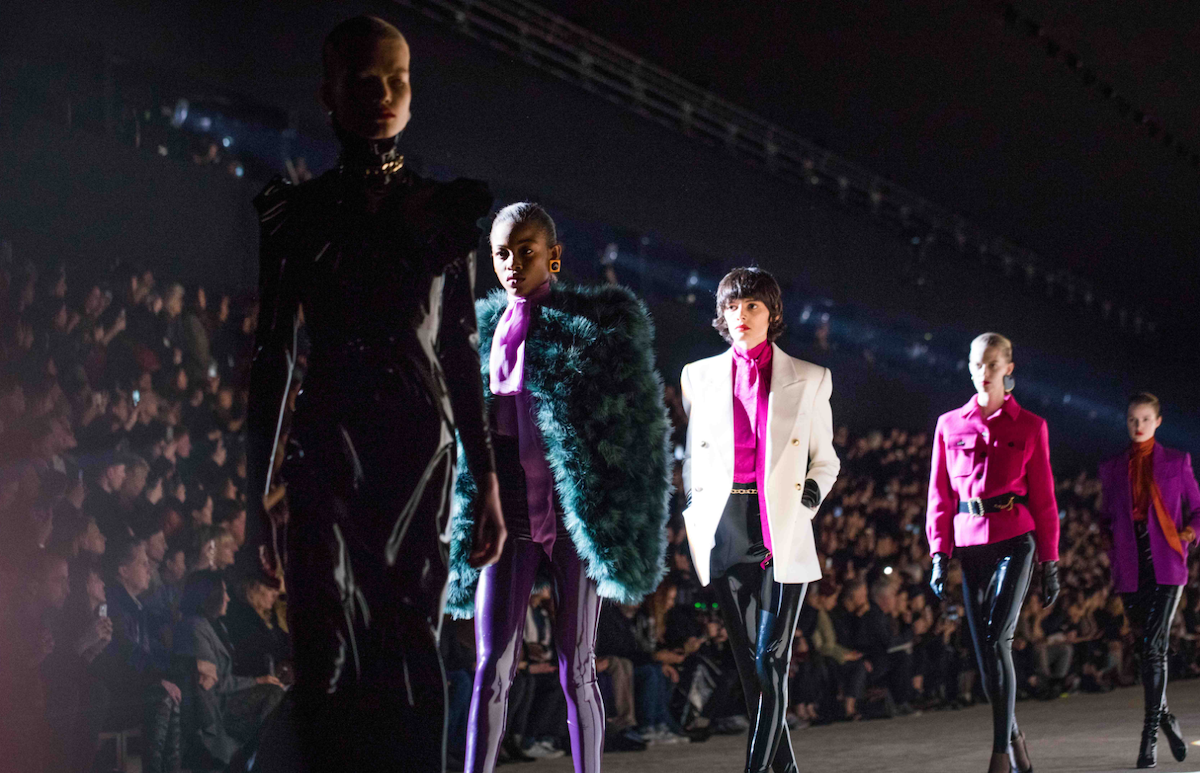Gucci, Saint Laurent, Balenciaga and More To Skip Fashion Week
Kering Group labels have decided not to join this season’s Milan and Paris Fashion Weeks – possibly as part of a broader strategy.

Nearly a year after the Covid-19 pandemic has flipped routines across the world upside down, digital shows continue as the prime choice among major Fashion Week schedules – but not everyone is joining the party. For this season, Gucci and Bottega Veneta have announced they won’t participate in Milan (which kicks off this Tuesday), while Balenciaga, Saint Laurent and Alexander McQueen have pulled out from Paris.
This isn’t the first time they skip fashion week. Back in May, Gucci had already announced the decision to withdraw from the traditional fashion week calendar, reducing the number of annual shows from five to two, one of the reasons being creative director Alessandro Michele’s dissatisfaction with unsustainable practices tied with the fashion industry. “I would like to leave behind the paraphernalia of leitmotifs that colonized our prior world: cruise, pre-fall, spring-summer, fall-winter,” he wrote in an Instagram post at the time. “I think these are stale and underfed words.”
However, the fact that these five labels are under the Kering Group umbrella, sitting out fashion week could point to a larger business plan. As Business of Fashion reported, Gucci’s sales have been dipping, despite its latest creative projects – including an Animal Crossing island trip guided by an avatar of Jared Leto –, while Bottega Veneta continues to expand gradually even though it ceased to have a significant social media presence.

As more and more houses decide to break off from the traditional fashion week cycles, the question of whether these events will maintain their pre-pandemic relevance becomes even more pertinent. For example, according to a 2020 data report by ListenFirst, out of the digital fashion presentations tracked last fall, Louis Vuitton had the most successful video, garnering over 2 million views for their Spring/Summer ‘21 Collection show uploaded in December – over two months after Paris Fashion Week.
This seems to indicate that, at least for big, established labels, fashion week has become obsolete: with millions of fans ready to see and follow new collections at any time, they don’t need to rely on the buzz of traditional events to shine. Another argument in favor of dropping out is that, without the urgency and restraints to present new lines according to every season, designers have greater freedom and even more room for creativity – and, of course, take more environmentally-friendly steps.
There’s also the simpler matter that if presentations are filmed and uploaded to be seen, theoretically, forever at any place and time… Then what exactly is the point of a fashion week calendar?
On the other side of the question, some argue that fashion week is important precisely because it creates momentum: if everyone just decided to show their collections whenever they wanted, things would become scattered and that’s when people would be confused. Plus, fashion week is still a moment to scour for trends and is also an essential platform for smaller, up-and-coming brands and designers.
Many industry players are hopeful that, once the pandemic is gone, things will just go back to the Good, Old Normal™. However, with so many insights and possibilities brought by isolation, it’s hard to expect the fashion world to come out of this unchanged.
Discover More
